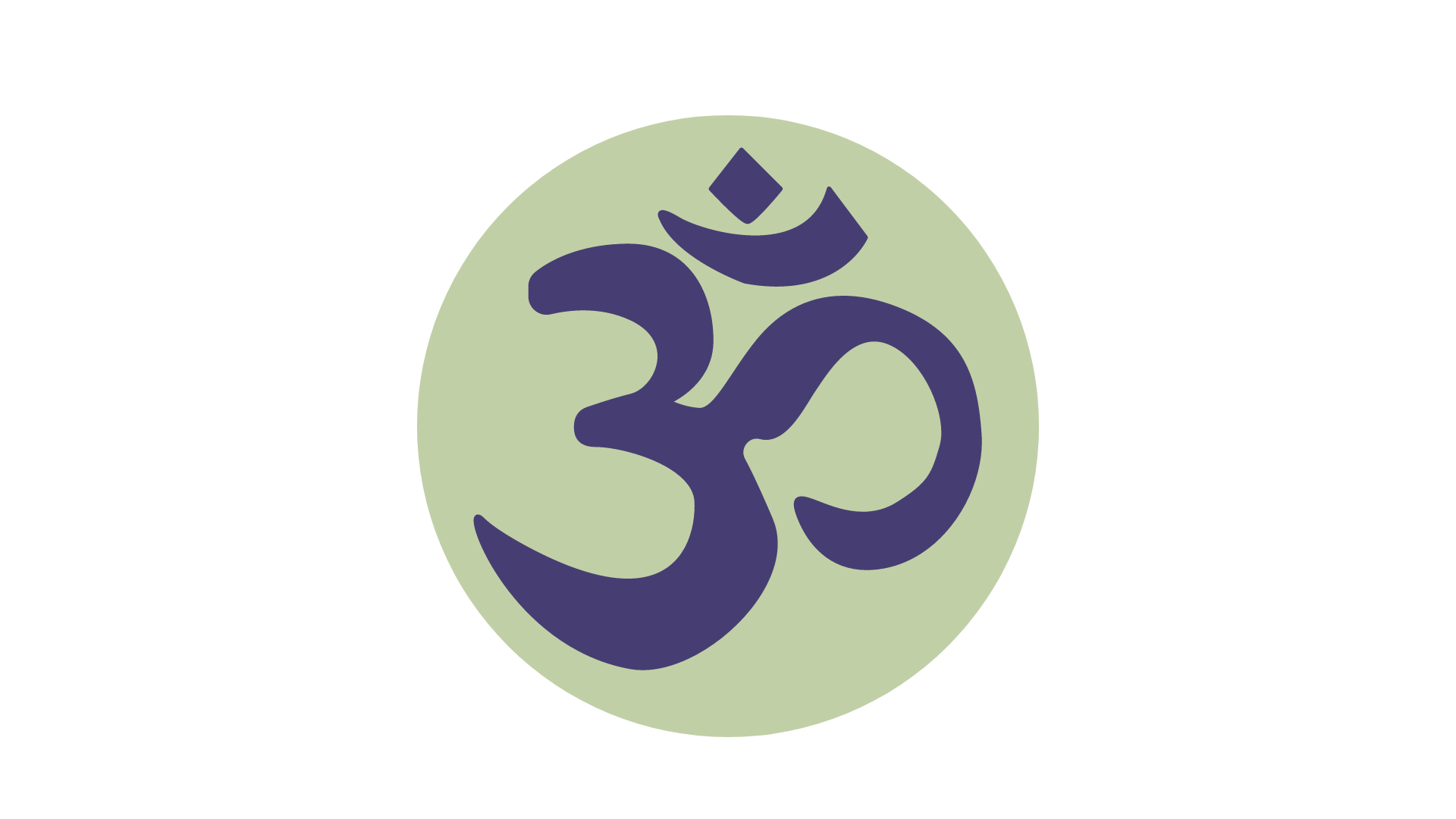Introducing: What is that?
Every so often, there are inventions and machinery or terms and definitions that need a little more clarification. That is the purpose of What is that? Feel free to send us an email, hello@themindfulsoulcenter.com, with any questions you want to be answered.
What is Artha? (Sanskrit: अर्थ)
If you look up the term artha you’ll gather the straight facts, the generic definitions. They’ll say that artha is "one of four aims of life" noted in Indian Philosophy. You’ll learn that collectively they are called the Purusharthas. Whilst that’s all well and good and, that’s even where we’ll start, but keep reading beyond the basics because we’re going to go a step further.

Encyclopædia Britannica defines artha as follows:
“….material well-being is a basic necessity of man and, is his appropriate pursuit while a householder, that is, during the second of the four life stages. Furthermore, artha, as the pursuit of material advantage, is closely tied to the activities of statecraft, which maintains the general social order and prevents anarchy. But, as the immoderate pursuit of material advantage would lead to undesirable and ruinous excesses, artha must always be regulated by the superior aim of dharma or righteousness.”
[source: https://www.britannica.com/topic/artha]
Here, we’re merely concerned with the basics about artha as it relates to a distinct person in the scheme of society. That means that artha represents essentially the means, the resources and activities of material life and can relate to earning money. It is the wealth and your career from which you make a living. Artha is also defined as treasury and ‘that which is desired.’
Money, wealth and the accumulation of it becomes a sticky subject for many people who have a long-held belief that to be spiritual, you should not accumulate wealth or live a material life. Except, we live in a material world with rules that we all agreed upon about how money works. We don’t barter with our neighbours for most things, and we all aren’t trying to become religious or philosophical aesthetics that want to live in a cave to contemplate the cosmos, the meaning of life or god. Most spiritual seekers are living and functioning in society.
So that brings me to a definition that I read of artha that induced a feeling of positivity about living a spiritual and material life simultaneously. In fact, I proclaimed in my own mind -
“YES! That’s it, that puts it all together for me when it comes to experiencing an abundant life with money, with wealth, with the means to fulfil your purpose, your dharma."
The brief definition of artha in Dr David Frawley’s book, Mantra Yoga and Primal Sound, makes so much sense. He succinctly says this about it:
Artha - the achievement of necessary goals and objects including wealth and property to facilitate one’s dharma.
[source: Mantra Yoga and Primal Sound by David Frawley]
Incidentally, dharma, if you haven’t heard of that term is one of the Purusharthas (four aims of life) as well and is much more commonly used and it means your work, your duty, your vocation, your primary purpose - your responsibility to yourself, your family, and society.
That answers the basic question of ‘What is that?’ today but I’d like to ask you to go a little bit deeper into the supposed conundrum of living a prosperous wealthy life and being spiritual.
The common belief is that you must choose spirituality OR materialism, that you must choose one over the other - this simply is not true. You can live and enjoy both simultaneously, with your inner being and outer being in harmony.
Maharishi Mahesh Yogi busts the myth. He taught the practice of Transcendental Meditation as a way to bring both these worlds in unison. Saying that 100% of the inner being and 100% of the outer being would compel us to live a life of 200%. This is freedom because when you are acting beyond base survival you have more resources including time and money to live your purpose, to help others, and do more for your family, community and the greater good.
So, will you? Well, that is a question only you can answer.
He says -
“…being is bliss consciousness. Throughout the world the same contention, that if you want to be spiritual you have to abandon the material, and if you are materially-minded then you can’t enjoy the spiritual bliss consciousness, either this or this but it’s not that! We are born to enjoy this and this and this with this.“ - Maharishi Mahesh Yogi
You can still enjoy many of life’s luxuries, that doesn’t make you greedy or a bad person. Not everyone wants similar things. Some people love to wear make-up and spend money on that or someone else might want to buy certain foods or spend money following a passion of theirs - everyone is different. It’s up to you to decide what your priorities are when you spend your money. It’s no one else’s business how you expend your money and it’s really none of your f’ng business how other people spend theirs - although I know sometimes I hear a judgey voice in my head from time to time.
You get to enjoy and experience your life. Will you become attached to money or act without integrity? Again, only you know the answer to that question.
Let’s look at the attachment. How would you feel if you could no longer obtain one of your luxuries? Would it rupture your identity? If so, you may have too much attachment to that thing. Would you be a different person without the thing? Well, you wouldn’t have that thing but think about it. Would it change your essence? Your beingness? No. Material possessions aren’t going to change who you are on the inside and out.
Will acquiring certain things make your life easier? Yes and No. It depends. How would you feel if you no longer had your basic needs met? Unless you were going to live in a cave somewhere, it would probably be on the level of ‘that sucks. What am I going to do?’ And might even throw you into a tailspin of how to manage. That state of beingness creates undue duress and stress. How you handle your wealth in this world and your level of attachment to it is all up to you.
What insights can you glean from these questions? How do they make you feel? Are your own beliefs on this subject yours alone? Did you learn them from society or your family? We love hearing from you. Send us an email at hello@themindfulsoulcenter.com and we’ll read them on the podcast. Or share an image or comment on Instagram and tag us @themindfulsoulcenter
